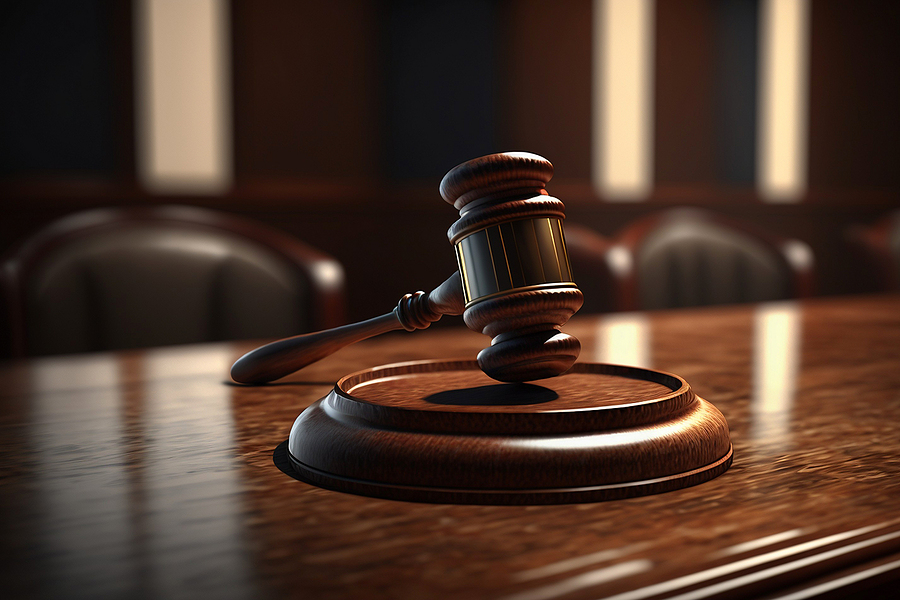Navigating the criminal court system can be a daunting and confusing experience. Understanding your rights as an accused person is essential to ensure that you receive fair treatment throughout the process. Having a criminal defense lawyer on your side can help you understand what you are entitled to, but it’s important for every individual facing charges to have at least a basic understanding of their rights in criminal court.
This guide will provide an overview of some of the key aspects of navigating the criminal justice system so that individuals know what they should expect during trial.

What You Want to Know About Indiana Criminal Court
Those in Attendance
First, it’s important to understand the roles of the key players in criminal court. The judge is responsible for overseeing the proceedings and ensuring they are conducted ethically and according to the law. The prosecutor is responsible for presenting evidence against the accused and attempting to prove that the defendant is guilty beyond reasonable doubt. The defense lawyer works on behalf of their client to challenge any evidence presented by the prosecution, as well as present any relevant evidence that could help exonerate their client. Finally, a jury of peers will make a decision based on all of the evidence presented.
Constitutional Rights
Every defendant has certain constitutional rights during trial, such as protection from self-incrimination and unreasonable searches and seizures. They also have a right to be represented by an attorney and to challenge any evidence presented against them. Additionally, the burden of proof is on the prosecution to demonstrate that the defendant is guilty beyond reasonable doubt—the court will not assume guilt unless this standard is met.
Pleas
In criminal court, defendants are often required to enter a plea in regard to their charges. It’s important for individuals facing criminal charges to understand the different types of pleas they can enter, as well as the consequences associated with each one. Generally, defendants can plead innocent or guilty, as well as no contest if they wish not to contest their charges but still acknowledge potential guilt.
Talk to a Criminal Defense Attorney for Personalized Legal Advice
Navigating criminal court can be complicated and it’s essential that individuals facing criminal charges have an understanding of their rights and responsibilities throughout the process. Working with a skilled Indianapolis criminal defense lawyer can provide invaluable guidance and support, however it’s important for individuals to have both knowledge of their rights and access to competent legal representation in order to ensure that they receive fair treatment during trial. Having the information needed to make informed decisions about pleas, evidence, and other aspects of criminal court can significantly improve the chances of achieving a favorable outcome.
Hopefully this guide has provided some helpful information about what to expect during criminal court proceedings. Understanding your rights is essential when navigating any aspect of the criminal justice system. Contact the Law Office of David E. Lewis at 317-636-7514 to schedule a meeting with an experienced criminal defense attorney in Indianapolis, Indiana. Meet with us by phone or in person at our law office, conveniently located in Downtown Indy.
Related Posts:
What You Should Know Before Attending an Appeal Hearing in Indiana
How to Navigate the Criminal Court Process as a First Time Defendant
5 Tips for Preparing to be a Trial Witness
